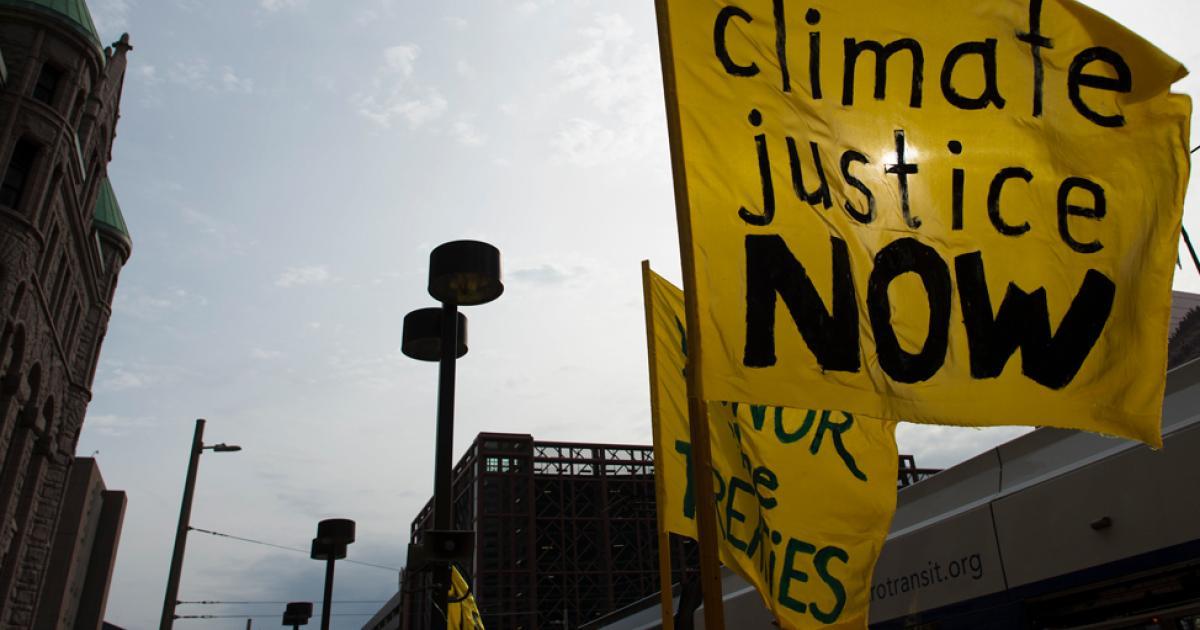
Time Of Retrenchment: How The Decline In International Aid Threatens Two Decades Of Development Gains
This is not an exaggeration; it is an accurate reading of a stage marked by the convergence of two catastrophic crises: escalating geopolitical tensions and worsening environmental emergencies.
What we are witnessing today is a systematic retreat by donor countries from their global commitments. This rollback is not accidental; it is a direct result of accumulated economic and political pressures.
The COVID-19 pandemic drained the financial resources of wealthy nations, while the Russia-Ukraine war redirected funding toward security priorities and emergency relief, often at the expense of long-term development.
The war in Gaza further deepens political polarization and fuels a protectionist tendency among donor states, leading to an unprecedented decline in Official Development Assistance (ODA).
The repercussions of this retreat are not only reflected in aggregate numbers but also in the very heart of local communities. Decisions such as the closure or downsizing of the U.S. Agency for International Development (USAID) in vital regions represent a crushing blow to poverty alleviation networks. These agencies have served as lifelines for community development projects, good governance initiatives, and the empowerment of marginalized groups, particularly women and children.
Speaking from my experience working in supported projects through the Community Media Network to amplify the voices of marginalized populations, I witness daily how halted support threatens to dismantle years of sustainable development efforts.
These efforts are measured not only in financial terms but in the building of local capacities and fostering sustainability. When funding stops, training and empowerment programs that sustain hundreds of families collapse, health and environmental awareness campaigns grind to a halt, and the hard-won gains in women's empowerment, achieved over a decade, are reversed. The cost is borne twice by the poor: once by poverty itself, and again by the loss of hope to overcome it.
Today's challenge is not merely a shortage of money-it is a failure to achieve social justice amid climate change. Poverty is no longer an isolated problem; it has become exacerbated by environmental degradation.
A tangible example can be seen in regions such as Jordan. Reduced rainfall and rising temperatures are causing farmland abandonment and increasing desertification.
This reality directly harms vital sectors, such as olive production, which thousands of rural families rely on for their livelihoods. A farmer losing a crop is not just an individual losing income; it represents a fracture in the social and economic fabric, pushing communities toward forced migration into urban poverty pockets.
The inability of developing countries to adapt to climate change due to lack of funding deepens inequality, creating a vicious cycle of poverty and vulnerability that is difficult to break.
Therefore, the message must be clear: development support efforts need to be revived immediately, particularly those targeting poverty reduction, food security, and climate adaptation.
The solution lies not only in increasing Official Development Assistance (ODA) but in reforming financing mechanisms themselves. The international community must more seriously adopt innovative financial tools to compensate for the shortfall in traditional funding. Prominent among these tools are green and social bonds, directing global capital toward specific, sustainable projects, such as water harvesting systems or smart agriculture technologies.
Debt-for-climate swaps are another mechanism: reducing the debt burden on poor countries in exchange for commitments to fund climate adaptation and environmental protection projects.
Today, the world needs tangible financial commitments that translate into on-the-ground projects ensuring dignity and sustainable livelihoods for vulnerable populations, particularly those affected by industrialized nations' contributions to climate pollution.
If donor countries fail to address this retreat and replace retrenchment with genuine investment, they will not only lose numbers on a balance sheet-they will risk global security and stability painstakingly built over the past two decades.

Legal Disclaimer:
MENAFN provides the
information “as is” without warranty of any kind. We do not accept
any responsibility or liability for the accuracy, content, images,
videos, licenses, completeness, legality, or reliability of the information
contained in this article. If you have any complaints or copyright
issues related to this article, kindly contact the provider above.


















Comments
No comment